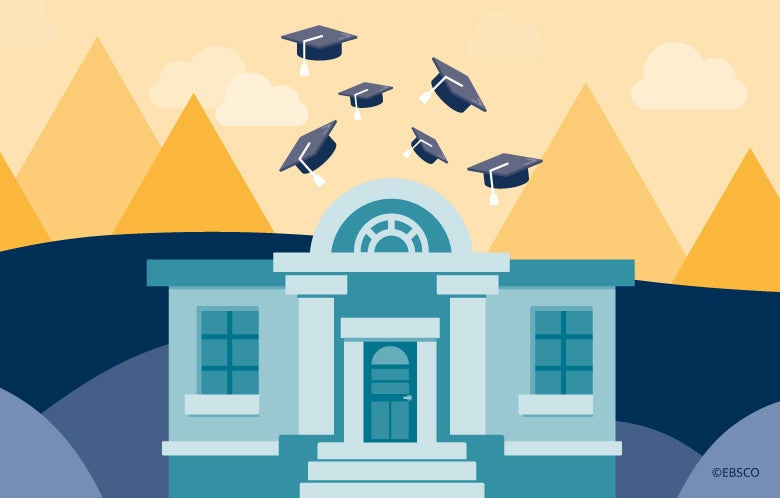A recent study from Project Information Literacy (PIL) entitled “Staying Smart: How Today’s Graduates Continue Learning Once They Complete College” helps to shed light on the growing need for lifelong learning resources and how it extends across different topics.
Recent Graduates Have an Urgent Need for “How-to” Information
According to the PIL study, 75 percent of recent graduates expressed a critical need for practical, “day-to-day” information on subjects such as cooking, household repairs and more (PIL 2016).
“We identified three types of how-to needs that graduates’ had: (1) domestic survival skills (including finance), (2) quick fixes and (3) health and wellness information. For instance, some graduates described needing money-saving fixes like repairing a flat tire, installing a ceiling fan or cleaning a clogged carburetor on a lawn mower. Others needed to master a combination of skills about managing their finances as their lives changed in significant ways:” (PIL 2016)
It should be no surprise that public libraries offer a wealth of information that help patrons fulfill all the above needs. Resources such as auto repair manuals, small engine maintenance guides, cookbooks, home improvement information, legal/financial/tax assistance and health and wellness publications are all examples of the many resources that public libraries offer their community.
Patrons Want Career and Professional Development Assistance
According to the study, “more than two-thirds of the respondents (69 percent) wanted to continue learning how to expand their career paths” and “a majority of respondents (57 percent) expressed a desire to gain more proficiency with desktop computers and laptops (including software applications)” (PIL 2016)
Career guidance and professional development will always be needed in communities and public libraries, through the right combination of products and services, are well-positioned to help their patrons in these areas.
Career guidance and professional development will always be needed in communities and public libraries, through the right combination of products and services, are well-positioned to help their patrons in these areas.
Books of All “Shapes and Sizes” are Still in High Demand
Books continue to be one of the most important resources that libraries have to offer their patrons.
“Seven out of 10 (70 percent) read books to fill their lifelong learning needs in the last year. Many said they had no preference for formats and used hardbound books, e-books, or paperbacks — whatever happened to be available, cost-effective, and close at hand.” (PIL 2016)
What this study also demonstrates is that a growing number of patrons have no preference as to the format of the books, as long as they are readily available. Libraries can feel confident exploring options for acquiring e-books and audiobooks to maximize shelf space while also improving patron access to the titles they want most.
Recent Graduates Place a High Value on the Role of Libraries
According to the study, “recent graduates placed a high premium on lifelong learning systems that were organized, curated, up-to-date and where there was available assistance, as in the case of librarians and knowledgeable staff,” and “the graduates studied wanted something, beyond Google searches, to order their ever-changing information worlds and help them understand how to find what they needed to know.” (PIL 2016)
Graduates place a high value on the expertly-curated content and professional guidance that public libraries have to offer. The biggest challenge is ensuring that graduates and other patrons are fully aware of the content and services offered by their local public library.
The Challenge of Community Awareness
Libraries may be held in high regard by graduates, but that doesn’t mean that the library is the first place that patrons turn when looking for information. 88 percent of those surveyed reported starting with internet search engines when looking for learning materials and 73 percent reported that finding “affordable” sources was a barrier to learning in their professional and personal lives (PIL 2016).
The study also found that “recent grads were 5.5 times more likely to continue using the library if they interacted with a librarian.”
When patrons interact with a professional librarian, it amplifies the positive experience that they have with their library and help to ensure that they become “repeat customers.”
Conclusion
The Project Information Literacy study demonstrates how libraries continue to be a valuable hub of learning for all members of their communities, including recent graduates who may not be fully aware of the depth of resources that the library has to offer.
Learn more about how you can partner with EBSCO to help satisfy the specific lifelong learning needs of your patrons and download a copy of our new infographic that highlights these and other challenges faced by today’s public libraries.
